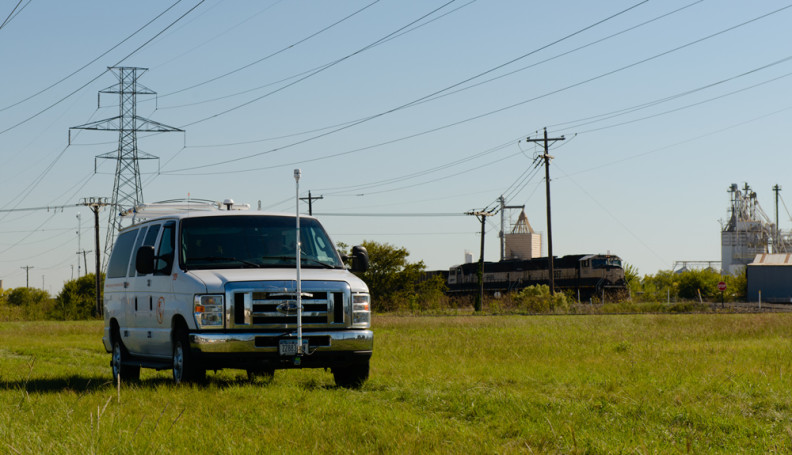
Emissions from Local Distribution Systems
Washington State University’s Laboratory for Atmospheric Research led a nationwide field study to better understand methane emissions associated with the distribution of natural gas.
The study provides the most comprehensive set yet of direct measurements of emissions from the distribution system. With a series of partner studies, it is helping to determine the natural gas industry’s contribution to U.S. greenhouse gas emissions and to global warming.
In a paper published online in Environmental Science & Technology, the research team found that methane emissions from local natural gas distribution systems in cities and towns throughout the U.S. have decreased in the past 20 years with significant variation by region. The researchers found that upgrades in metering and regulating stations, changes in pipeline materials, better instruments for detecting pipeline leaks as well as regulatory changes have led to methane emissions that are from 36% to 70% lower than current Environmental Protection Agency estimates when the data gathered for this study is combined with current pipeline miles and the numbers of facilities.
The work was led by Regents Professor Brian Lamb and conducted with coordination and support from major natural gas utilities, the Environmental Defense Fund (EDF) and Conestoga-Rovers and Associates, an engineering and environmental consulting firm.